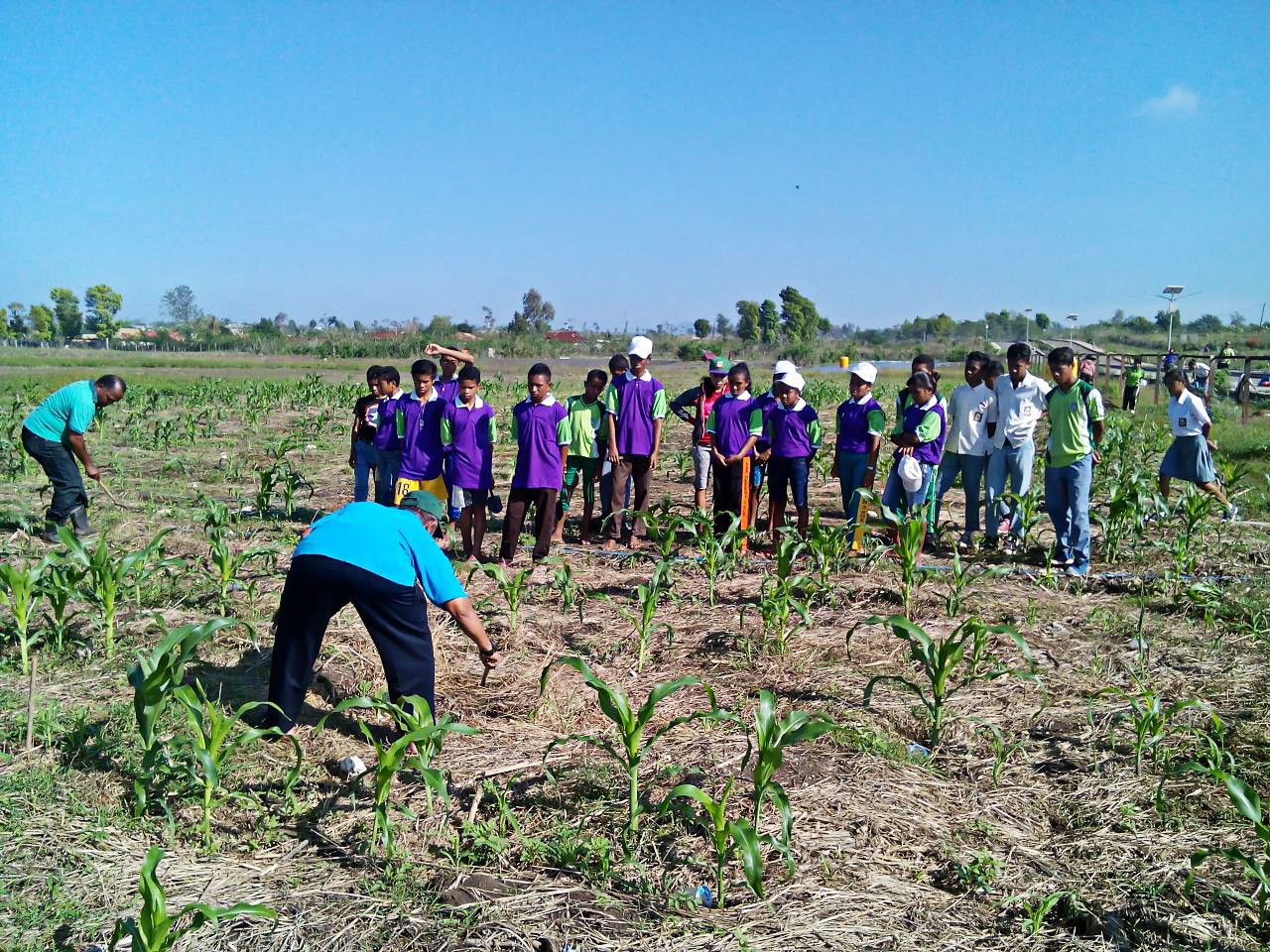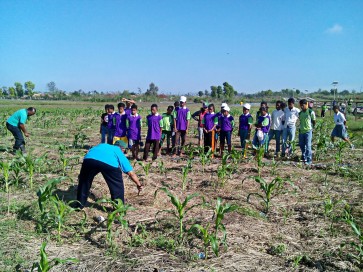Popular Reads
Top Results
Can't find what you're looking for?
View all search resultsPopular Reads
Top Results
Can't find what you're looking for?
View all search resultsRevitalizing idle land for enhanced food security
According to estimates from the Agriculture Ministry, Indonesia will require a minimum of 13.17 million hectares of land to meet its food needs by 2025.
Change text size
Gift Premium Articles
to Anyone
F
ood security remains a vital global strategic issue, and Indonesia is no exception. Various indicators reveal positive progress in Indonesia’s food security landscape.
However, significant challenges persist. The 2022 Global Food Security Index (GFSI) indicates that Indonesia ranks in a mid-range position compared with other nations, with primary challenges centered on food accessibility and sustainability.
One of the main obstacles to increasing national food production is the limited availability of arable land. Rapid population growth, urbanization and the conversion of agricultural land to non-agricultural uses have contributed to a shrinking space for food production. Furthermore, much agricultural land has suffered from degradation, reducing its productivity.
The government recognizes that, despite the growing scarcity of land for food production, there is still land that has not been utilized according to its designated rights; this is known as idle land.
According to Government Regulation No. 20/2021, idle land refers to land rights, management rights and lands acquired through land control that are intentionally left unutilized, unused, unproductive or unmaintained.
Several factors contribute to land being categorized as idle, including a decline in the physical condition of the land, making it unsuitable for certain activities, financial constraints preventing the land rights holder from maintaining its productivity, lack of human resources to manage the land or speculative motives of the landholder.
The phenomenon of idle land has adverse effects on society. If land is not utilized in accordance with the nature and purpose of its rights, its productivity declines. If this trend continues and becomes widespread nationally, it could result in social and economic disparities, especially affecting small-scale farmers. Ultimately, these disparities often lead to conflicts within society.



















